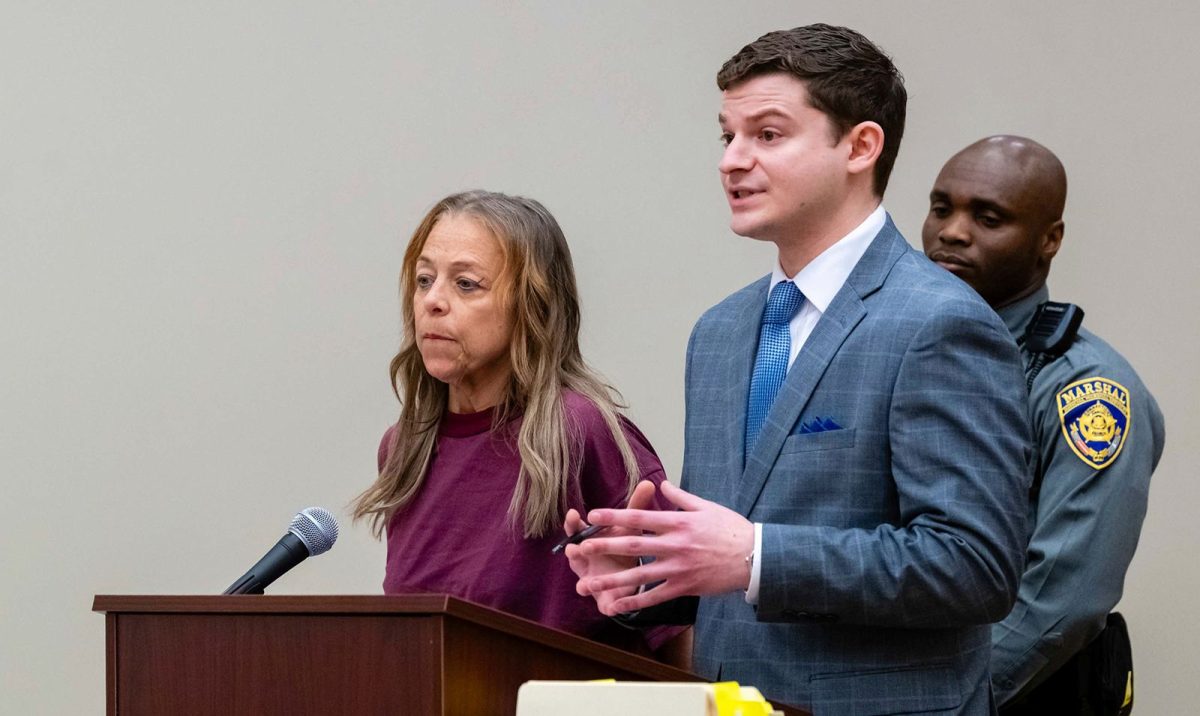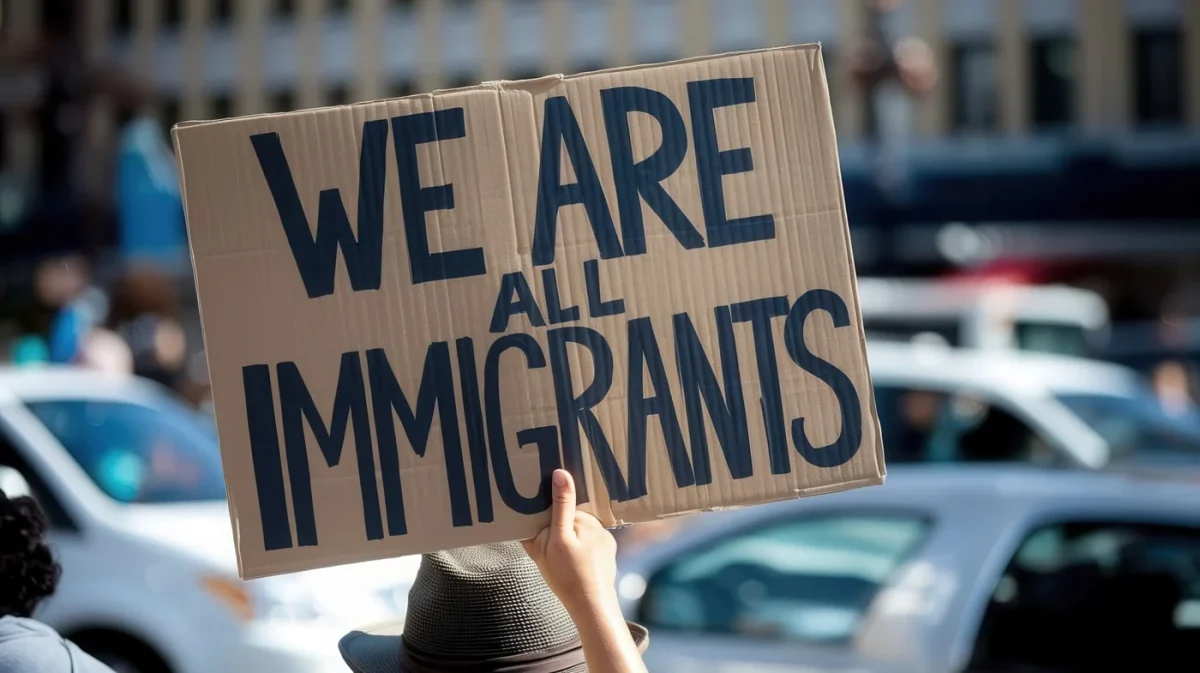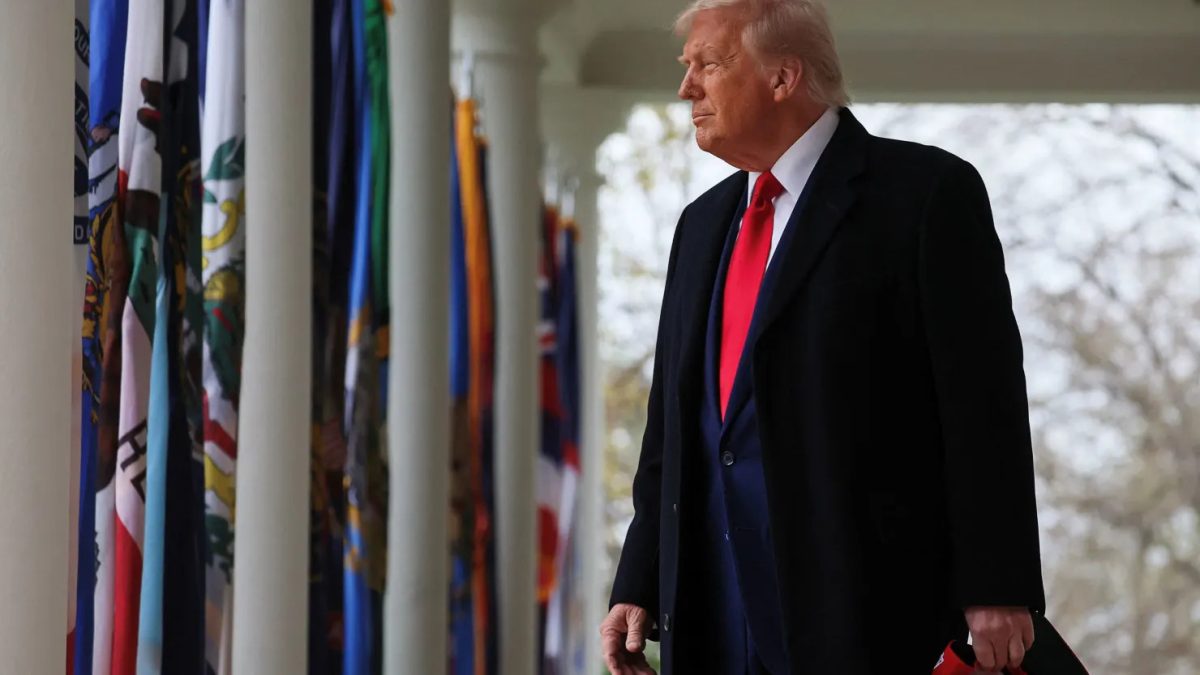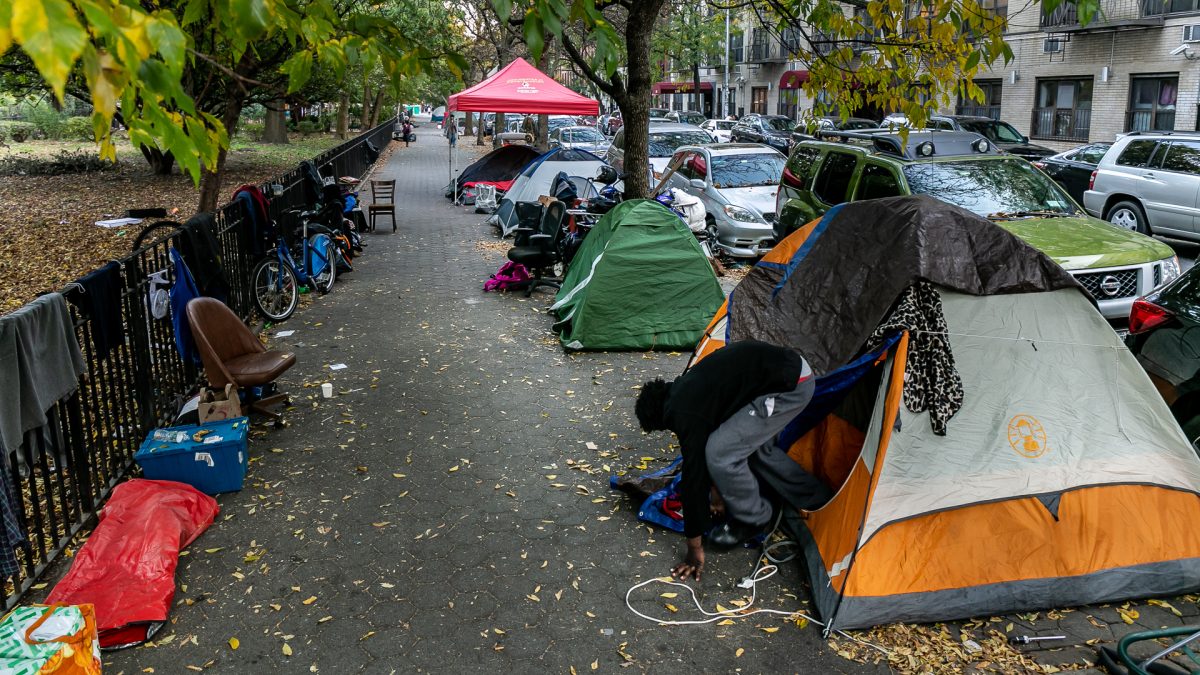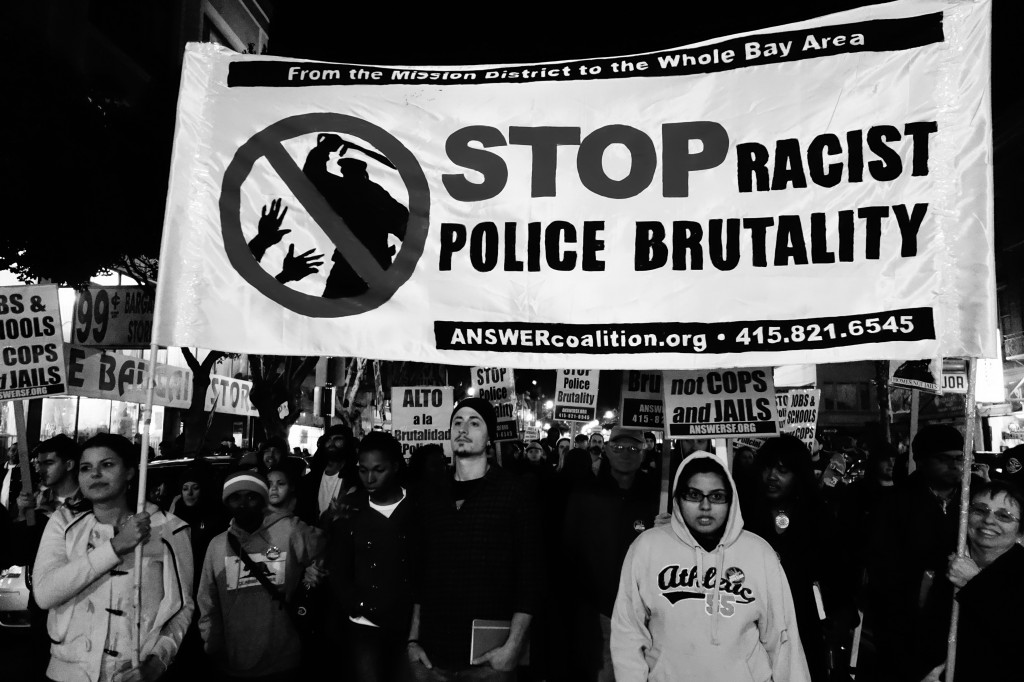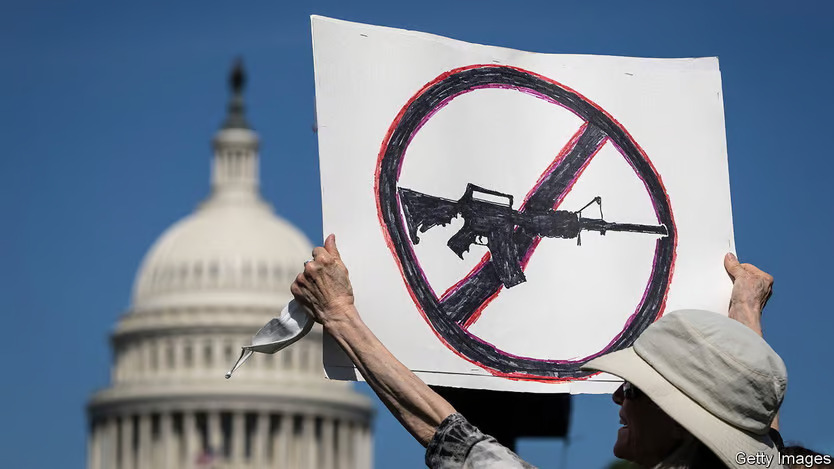In a time where global crises drive unprecedented numbers of people from their homes, the principle that immigration rights are human rights must be reasserted both forcefully and unapologetically.
The United Nations’ 1948 Universal Declaration of Human Rights protects the right to seek asylum from persecution in other countries. Article 14 explicitly states, “Everyone has the right to seek and to enjoy in other countries asylum from persecution.” Yet, the treatment of immigrants and asylum-seekers today across many nations, including the United States, reflects an extreme departure from this moral and legal commitment.
Immigrants, whether escaping war, environmental devastation or economic collapse, are too often portrayed as threats rather than as humans seeking safety. In the U.S., policy choices under successive administrations, including the Trump-era “zero tolerance” approach that separated thousands of children from their parents at the southern border, have reduced human lives to political talking points. The disintegration of immigrant rights signals a larger erosion of human rights as a whole.
International law has long recognized that migration is not a crime. The 1951 Refugee Convention and its 1967 Protocol, to which the U.S. is a signatory, bind nations to protect refugees from being returned to places where they face serious threats to their life or freedom. Legal scholars like James C. Hathaway argues that the principle of non-refoulement, the obligation not to forcibly return refugees, is now considered customary international law, binding even states that have not formally acceded to these treaties.
Domestically, the U.S. Constitution upholds certain fundamental rights regardless of citizenship status. The Supreme Court’s decision in Plyler v. Doe (1982) confirmed that undocumented immigrants are entitled to due process and equal protection under the Fourteenth Amendment. This precedent emphasizes that human dignity, not immigration status, is the threshold for basic rights.
Despite these legal protections, the lived experiences of immigrants often reveal a different reality.
The Trump administration’s family separation policy, formalized in 2018, provides a case study of human rights violations. The American Civil Liberties Union (ACLU) found that more than 5,400 children were forcibly separated from their families, with many cases lacking documentation to reunite them. Medical experts from organizations such as Physicians for Human Rights have classified this separation policy as “torture,” citing psychological trauma consistent with definitions under the United Nations Convention Against Torture.
Beyond asylum seekers, everyday immigrants face systemic injustices. Mass raids, indefinite detention in privately run immigration facilities and barriers to legal pathways for citizenship or residency have created an environment of fear and insecurity. A 202 study by the Center for Migration Studies found that restrictive immigration policies disproportionately harm women and LGBTQ+ individuals and children, populations already vulnerable to exploitation and abuse.
Opponents of immigrant rights frequently invoke economic arguments, claiming immigrants burden public services or take jobs from citizens. However, the economic consensus decisively contradicts these myths.
A 2017 report by the National Academies of Sciences, Engineering and Medicine found that immigrants, both documented and undocumented, contribute more to government finances over the long term than they consume in services. Immigrants drive entrepreneurship, fill crucial gaps in industries from agriculture to health care, and invigorate local economies through consumption and innovation.
Closing the borders or erecting legal barriers does not eliminate the drivers of migration. It merely forces people into more dangerous conditions, often benefiting criminal enterprises that traffic human desperation.
Recognizing immigration rights as human rights demands not just legal compliance but moral courage. It requires policies that uphold family unity, expand humanitarian visas, protect labour rights and provide fair legal representation in immigration courts. It demands an end to detention as a default solution and an investment in community-based alternatives that respect dignity while ensuring due process.
Organizations such as the Migration Policy Institute and Amnesty International recommend reforms based on these principles, pointing to successful models in Canada and several European countries where community sponsorship and humane asylum systems have improved both security and human outcomes.
Students, educators and citizens all have a critical role to play. Advocacy at the local level, from sanctuary city initiatives to supporting immigrant-led organizations, can create tangible protections even when national policy falls short. Public discourse matters, too. The language we use — whether we describe people as “illegals” or “human beings” — shapes both public sentiment and policy.
Immigration is not a crisis. Upholding the rights of immigrants affirms the dignity of all people and safeguards the human rights all of our futures rely on.



